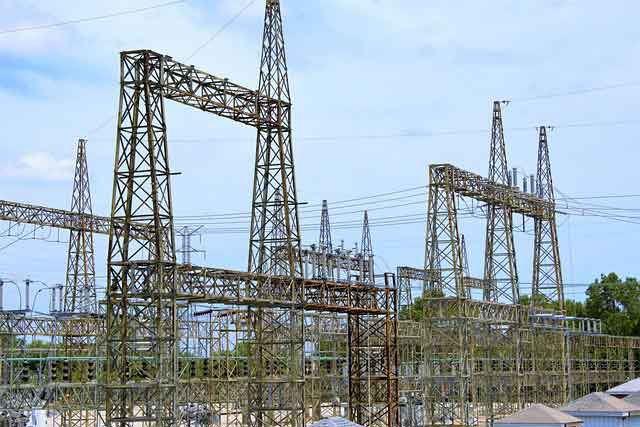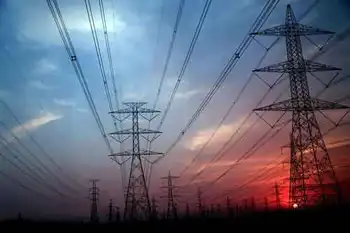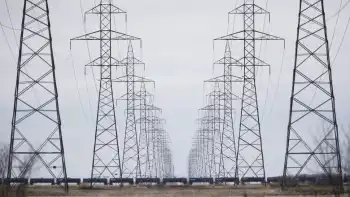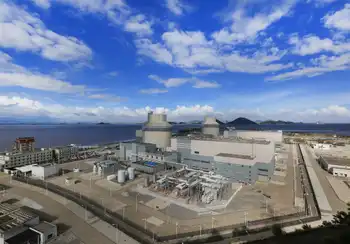Sunshine shares glow after solar energy move
SHANGHAI, CHINA - Shares in Jiangsu Sunshine Co Ltd. have more than doubled over the past month since the firm announced it would invest in solar energy products, despite scepticism about the project's capacity to generate revenue.
Sunshine, the Jiangsu-based textiles firm, fuelled market speculation on its shares when it issued a statement on May 20 saying it had successfully developed an efficient solar energy converter, and that it had received substantial overseas orders for the product.
On the back of this, Sunshine's shares jumped nearly 150 per cent to around 5 yuan apiece (62 US cents). The share price hike has added more than 3.53 billion yuan (US$440 million) to the company's market value and hoisted its price-to-earnings (P/E) ratio to 32.5, compared with the stock market average P/E of 19.08.
The firm said in the statement it would invest 300 million yuan (US$37.5 million) to produce solar photovoltaic (PV) cells or solar cells, converting solar energy into electricity at a much higher efficiency ratio than is current possible.
A spokeswoman from the company told China Daily that the plant, located in Jiangyin City, in East China's Jiangsu Province, is expected to produce solar cells by the end of 2006.
Its production capacity is expected to reach 120 megawatts per year according to the statement, making it one of the largest solar cell makers in the world.
The spokeswoman said all the solar cells would be exported but she refused to disclose any further information.
According to the statement, the solar cells will convert 35 per cent of the solar energy into electricity, which is much more efficient than the technologies currently available.
Professor Chen Zhongmou, who invented the technology before he retired from the China Academy of Sciences in Nanjing, said the solar cells could decrease energy waste in solar-electricity conversion, saving 80 per cent of the energy wasted during the processing.
Chen said the new solar cells were only 1 per cent of the current ones in size but produce the same quality of electricity.
The solar cells will adopt micro-nano technology that allows the creation of an entirely new family of crystals, a material widely used in semi-conductor making, according to Chen.
Tong Shiming, a solar energy expert at a Shanghai-based research centre affiliated with Tongji University, said the current conversion rate was around 17 per cent in the United States, Japan and China.
He doubted that the solar cells invented by Chen would be as efficient as claimed.
Another world top 10 solar cell maker, Wuxi-based Suntech, said they would watch Sunshine's next move.
Suntech spokesman Jiang said it took the firm about three years to increase its production capacity to 120 megawatts, with a total investment of more than 300 million yuan.
Industry experts and investors said they were surprised by Sunshine's claim of revolutionary advances in alternative energy technologies.
"If Sunshine's solar cells are as efficient as they say and they are able to put them into large production, the shares of other energy and power companies such as Wuxi Suntech are expected to plummet," said an investor.
Related News

Canada Finalizes Clean Electricity Regulations for 2050
TORONTO - Canada's final Clean Electricity Regulations, unveiled in December 2024, represent a critical step toward ensuring a sustainable and reliable energy future. With electricity demand set to rise as the country’s population and economy grow, the Canadian government has put forward a robust plan that balances climate goals with the need for reliable, affordable power.
The regulations are designed to reduce greenhouse gas emissions from the electricity sector, which is already one of Canada's cleanest, with 85% of its electricity sourced from renewable energies like hydro, wind, and solar. The target is to achieve net-zero emissions in electricity generation…




